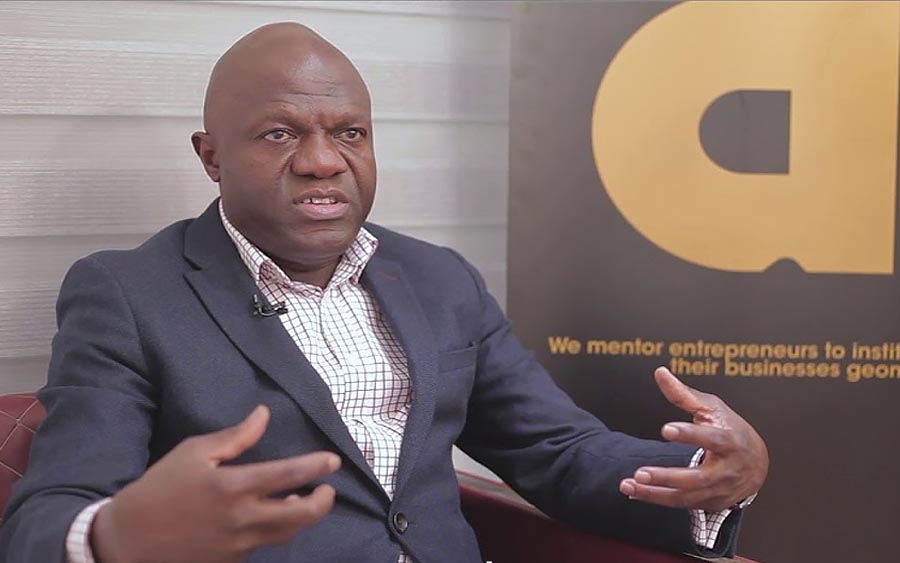Guinness Nigeria Plc has attributed its N1.08 billion operating profit shortfall to the increase in excise duties and an increase in net financing costs related to short-term loans. The company’s profit declined by N1.08 billion when it dropped from N4.64 billion Half-year 2018 to N3.56 billion within the same period ended December 31, 2019.
An excise duty tax is a tax charged on goods produced within a country. The Nigerian Government increased excise duties on beer and stout by N0.30 kobo per centilitre (Cl) in 2018 and N0.35 kobo per Cl each in 2019 and 2020.

Also, Guinness Nigeria’s profit before tax dropped to N1.93 billion from N3.79 billion, decreasing by N1.86 billion. Guinness said the decline was caused by an increase in net financing costs related to short-term loans. It was reported that the cost lines grew in low single digits as improved productivity and volume-driven cost absorption mitigated inflationary pressure.
A good sign nevertheless: While Guinness’ operating profit dropped, the company’s revenue grew by only 1% to climb N68.34 billion from N67.80 billion. This, the company said mitigated the decline from the first quarter.
Guinness disclosed that due to its strong double-digit growth in brand Guinness and mainstream spirits, it was able to record the increase in its revenue. In a statement, the company said, “Together with growth in the RTD segment, this mitigated the impact of increased excise duty, and the impact of reduced exports on malts.”
[READ MORE: Fidson Healthcare returns to profitability after 2018 loss)
In his reaction to the financial statement, Guinness Nigeria’s Managing Director/Chief Executive Officer, Baker Magunda, said, “In the period under review, the company delivered results that reflected a very strong second fiscal quarter performance despite continued regulatory, competitive and inflationary challenges in the operating environment.
“I am pleased that revenue growth is in line with our strategy driven by better commercial execution and innovations.
“Despite the increase in excise duties on beer and mainstream spirits, the competitive environment was such that there was lack of pricing opportunities in the period to mitigate this.”

Magunda said Guinness would focus its strategy on key categories such as growing spirits faster, continued innovation to meet consumer needs and productivity.
Meanwhile, the chairman of the company, Babatunde Savage, spoke highly of the board’s confidence in the company’s strategy. Savage also stated that the right investment was being made to keep the company and the brand competitive in the long-term.



















